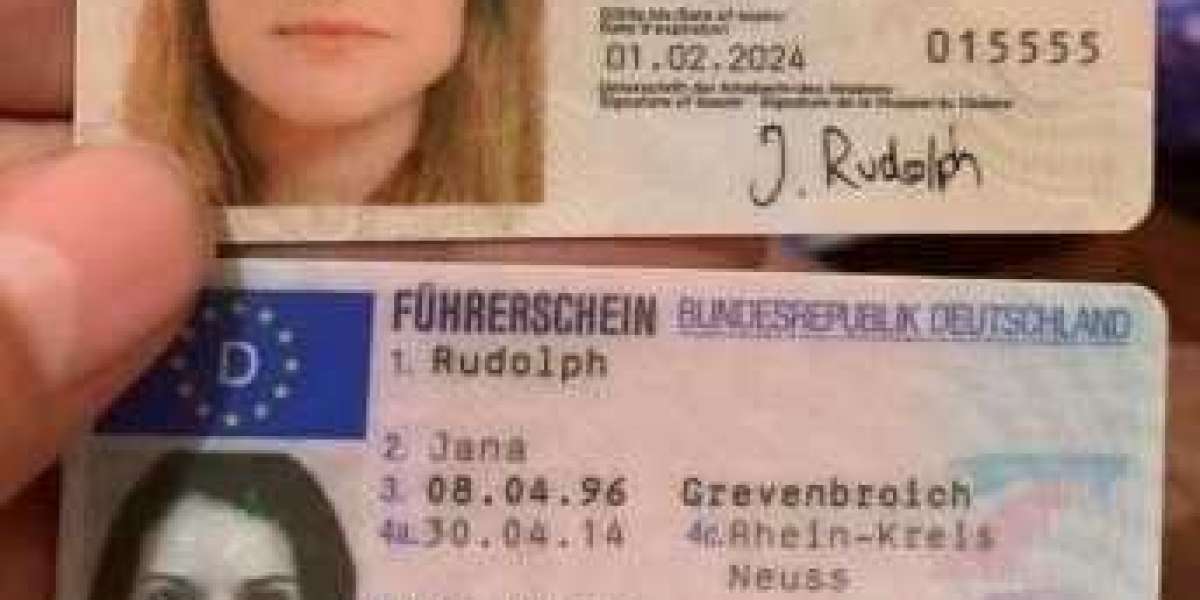
Driving License Without a Test: Navigating the Unconventional Path
Worldwide of driving, getting a license generally includes an extensive process of theoretical and useful examinations. Nevertheless, there are special circumstances and jurisdictions where individuals may get a driving license without a standard test. This post explores the numerous situations and legal frameworks that permit such an exception, offering a comprehensive introduction of the conditions, treatments, and implications.
Intro
Driving is an essential ability that provides liberty and mobility. Across the majority of nations, obtaining a driver's license is a well-defined procedure that consists of both a theoretical and a practical test. These tests are designed to guarantee that drivers have a solid understanding of traffic laws and can running a vehicle securely. However, there are instances where individuals can bypass these tests and still legally get a driver's license. This short article checks out these exceptions, providing insights into the legal and useful aspects.
Legal Frameworks and Exceptions
Conversion of Foreign Licenses
- General Rule: In numerous countries, people who hold a legitimate driving license from another nation can transform it to a local license without taking extra tests. This procedure is often streamlined to accommodate international drivers.
- Conditions: The foreign license must stand and released by a recognized authority. Some jurisdictions might need a translation or an endorsement from a recognized company.
- Examples:
- United States: Several states enable foreign drivers to transform their licenses through a basic application procedure.
- Canada: Provinces like Ontario and British Columbia have similar arrangements for foreign license holders.
- European Union: Member states often have mutual agreements to facilitate the conversion procedure.
Unique Circumstances
- Medical Reasons: In some cases, individuals with medical conditions that affect their capability to take a test may be excused from the practical exam. However, they need to go through a medical examination to guarantee they can drive safely.
- Age and Experience: Some jurisdictions use exemptions to older people who have a long history of safe driving. These exemptions are often based on rigorous criteria, such as a clean driving record and a suggestion from a licensed driving trainer.
- Military Personnel: Military personnel who have actually undergone comprehensive training and have a valid military driver's license may be qualified for a civilian license without extra screening. This is especially common in the United States and the United Kingdom.
Heritage and Legacy
- Household Inheritance: In a couple of uncommon and particular jurisdictions, a driving license can be inherited from a close family member. This is more of a historical practice and is not extensively acknowledged.
- Tradition Licenses: Some regions have legacy licenses that are provided to individuals who can show they have been driving for eu-führerschein kaufen a substantial duration, often decades, without a formal license. These licenses are typically granted on a case-by-case basis and may need paperwork of constant and safe driving.
Treatment and Requirements
Application Process
- Documentation: Applicants should offer a legitimate foreign license, proof of residence, and in some cases a medical certificate.
- Application Form: Fill out the required application form, which can usually be discovered on the appropriate government website.
- Fees: Pay the required charges for the conversion process. These charges vary by jurisdiction but are generally lower than the expense of a new license.
Medical Evaluation
- Licensed Physician: Individuals with medical conditions should go through an evaluation by a qualified physician or a designated medical specialist.
- Report: The doctor will provide a report confirming the individual's ability to drive safely. This report is then sent to the appropriate authorities.
Evidence of Experience
- Driving Record: Provide a driving record from the native land or another recognized authority.
- Recommendations: Submit suggestions from certified driving trainers or other recognized entities.
Special Documentation
- Military ID: For military personnel, supply a legitimate military ID and evidence of completion of military driving training.
- Historical Documentation: For legacy licenses, offer historical documents that proves constant and safe driving over a substantial period.
Implications and Considerations
Security Concerns
- Threat Assessment: While these exceptions can be practical, they also raise safety concerns. Authorities must ensure that people who bypass the standard screening procedure are still efficient in driving safely.
- Continuous Monitoring: Some jurisdictions might need periodic examinations or refresher courses for individuals who get a license through these exceptions.
Fairness and Equity
- Level playing field: Allowing specific individuals to bypass the testing process can lead to concerns of fairness and equity. It is vital that these exceptions are plainly specified and used regularly.
- Public Perception: The public may see these exceptions as a method to prevent the system, which can impact trust in the licensing procedure.
Legal and Regulatory Framework
- Stringent Criteria: Jurisdictions that provide these exceptions typically have strict requirements to avoid abuse. These criteria might consist of age limitations, medical assessments, and driving history.
- Routine Updates: Laws and regulations surrounding these exceptions go through change. People must routinely check for updates to guarantee they meet the present requirements.
Frequently asked questions
Q: Can I convert my foreign driving license to a regional one without taking a test?
- A: Yes, lots of countries allow foreign license holders to transform their licenses through a streamlined process. Nevertheless, the specific requirements differ by jurisdiction. Check the local department of motor automobiles (DMV) or comparable authority for comprehensive info.
Q: Do I need to provide translation for my foreign license?
- A: In some cases, yes. If the license is not in the main language of the jurisdiction, a certified translation may be needed. This can typically be obtained from a professional translation service.
Q: Can military personnel get a civilian driver's license without taking a test?
- A: Military personnel who have actually finished extensive training and hold a legitimate military license may be qualified for a civilian license without extra screening. They must provide evidence of their military service and training.
Q: What if I have a medical condition that impacts my ability to take a test?
- A: Individuals with medical conditions may be exempted from the dry run if they can provide a medical report validating their ability to drive safely. Consult a qualified physician and the regional DMV for guidance.
Q: Are tradition driving licenses still issued in modern times?
- A: Legacy driving licenses are an unusual and historical practice. While some regions may still provide them, they are typically granted on a case-by-case basis and need considerable evidence of constant and safe driving.
Q: Can I acquire a driving license from a member of the family?

- A: Inheritance of driving licenses is not a common practice and is only acknowledged in a couple of specific jurisdictions. Seek advice from the regional DMV for additional information.
While the standard procedure of acquiring a driving license includes strenuous theoretical and dry runs, there are distinct circumstances where people can lawfully get a license without these tests. These exceptions, such as the conversion of foreign licenses, special medical considerations, and military service, are designed to accommodate particular needs and ensure that the driving population remains safe and well-regulated. For those who satisfy the criteria, these options can provide a structured and efficient course to getting a driver's license. However, it is vital to understand the specific requirements and implications to ensure a smooth and compliant process.
Bottom Line to keep in mind
- Conversion of Foreign Licenses: Often requires a valid foreign license, proof of residence, and in some cases a medical examination.
- Special Circumstances: Medical factors, age and experience, and military service can cause exceptions.
- Heritage and Legacy: Rare practices that might still exist in some jurisdictions.
- Implications: Safety, fairness, and legal consistency are critical factors to consider.
- FAQs: Address common questions and offer clear guidance.
By comprehending these exceptions and the treatments involved, people can navigate the unconventional path to obtaining a driving license without the traditional tests.








